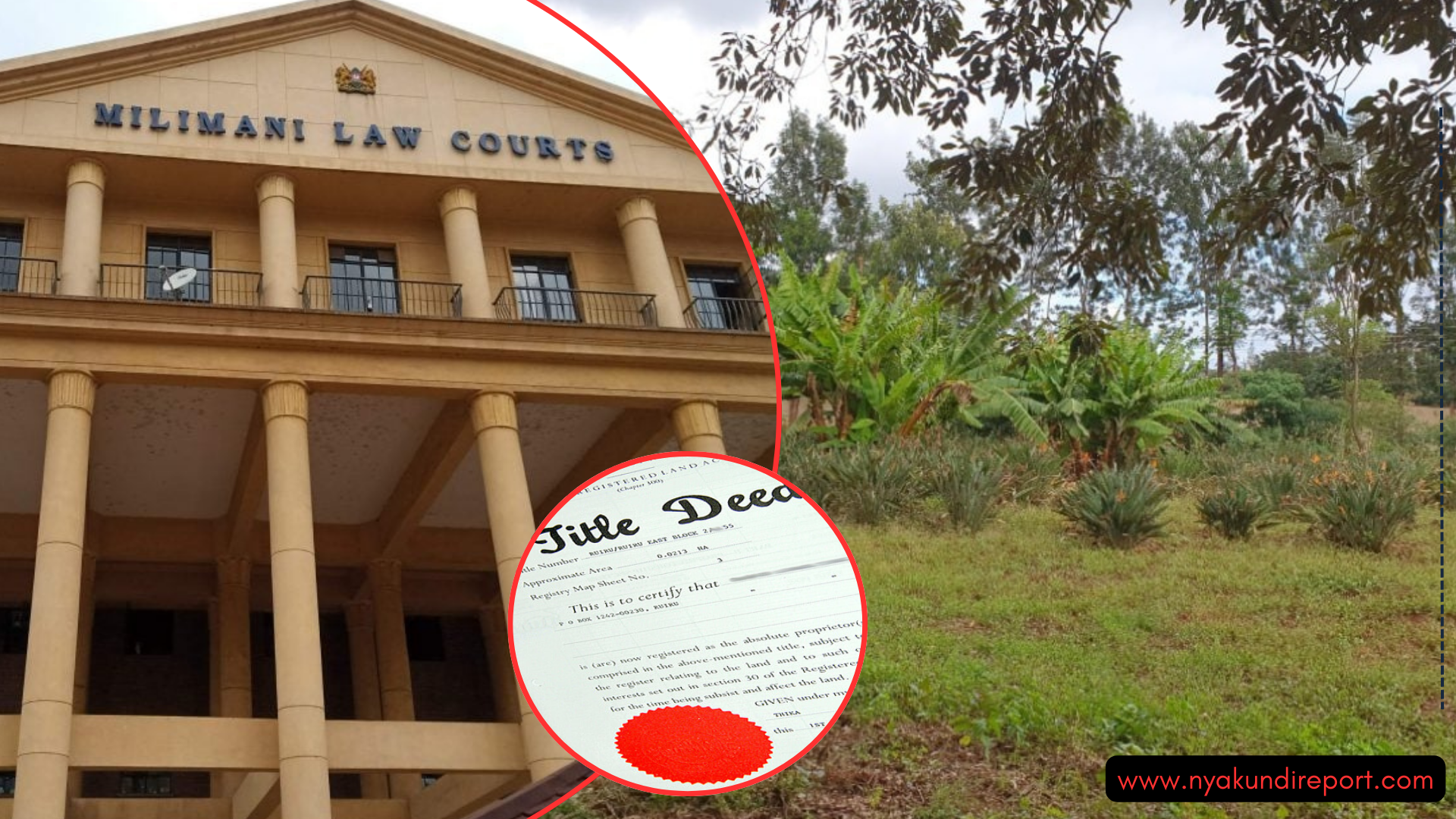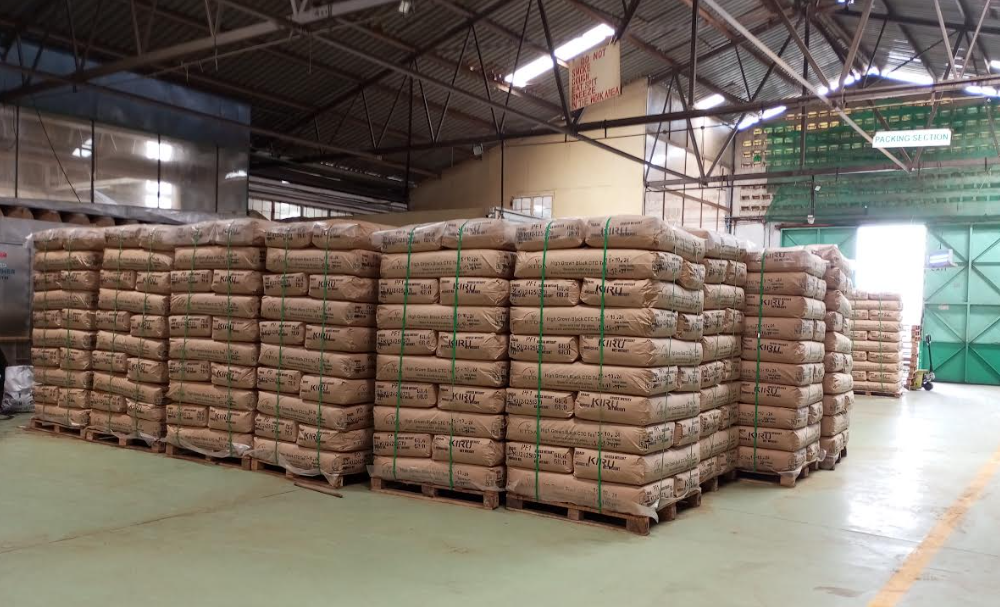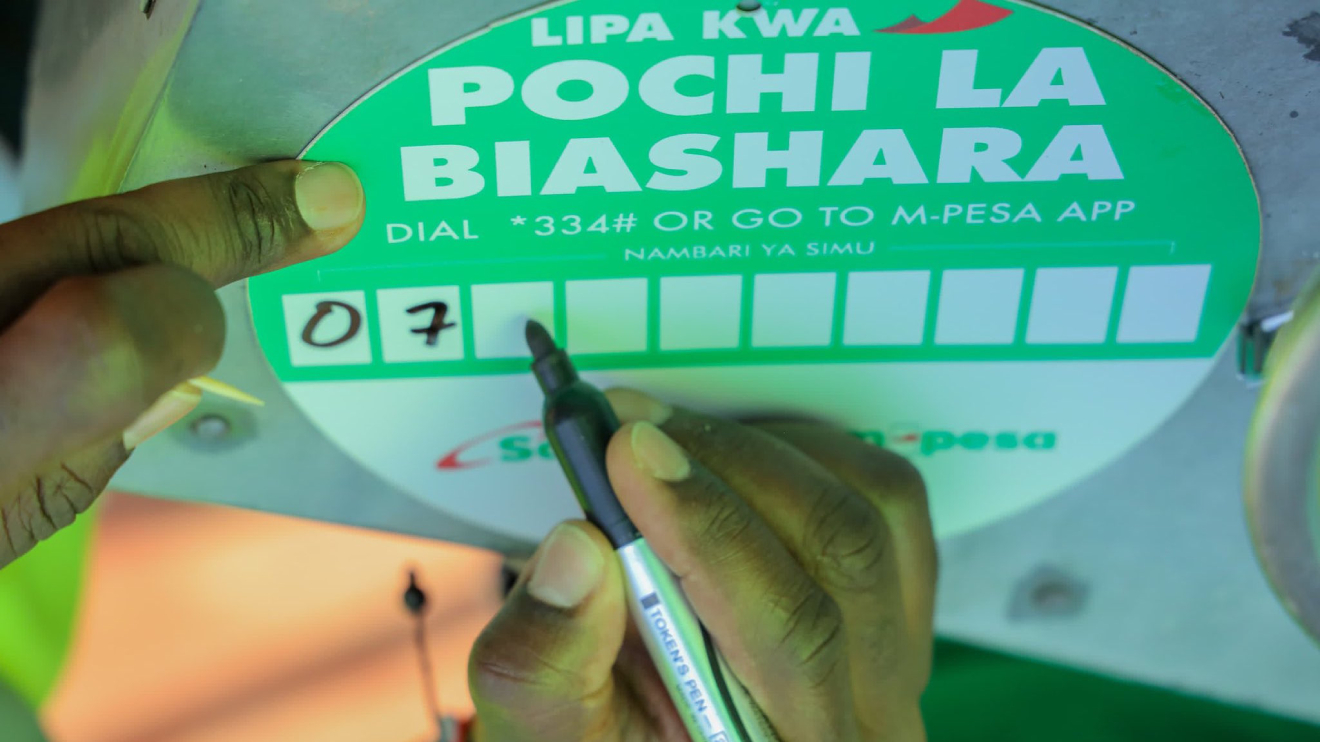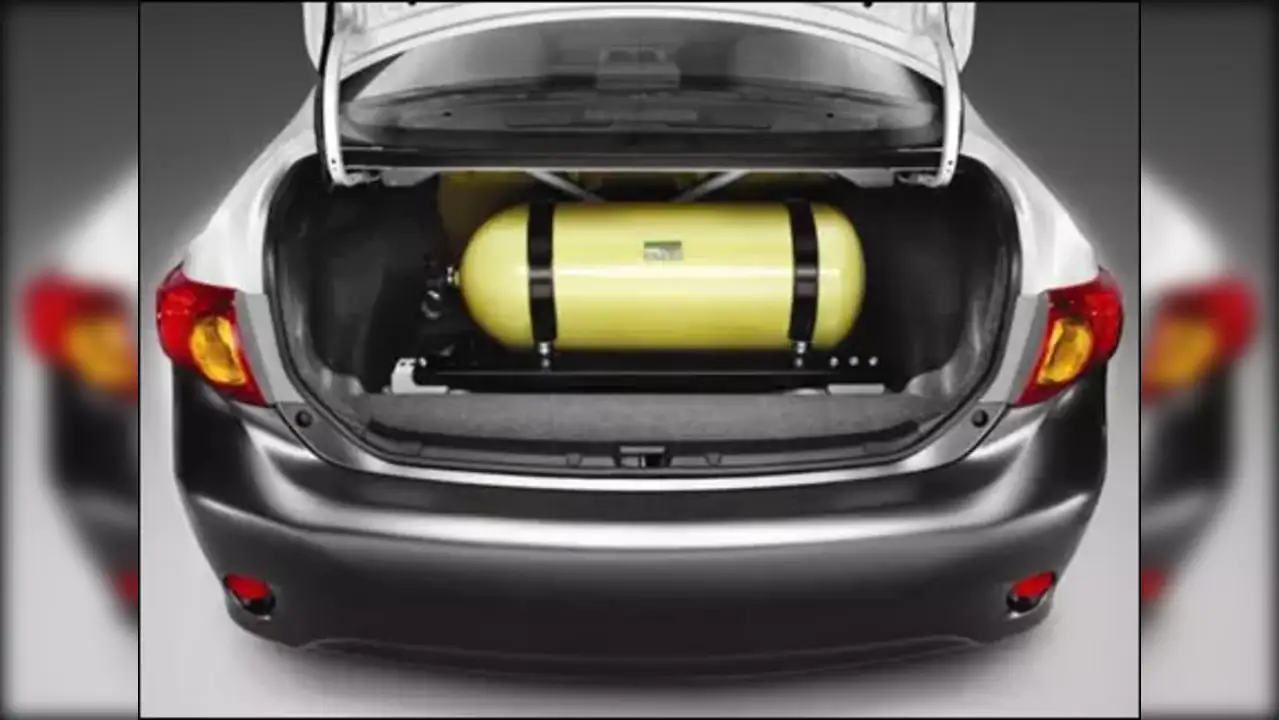The alcohol trade in Kenya is set for a major transformation. Effective October 1, 2025, the National Authority for the Campaign Against Alcohol and Drug Abuse (NACADA) will require all importers and exporters of alcoholic beverages to process their licenses and consignment documentation through the Kenya National Electronic Single Window System, also known as the Trade Facilitation Platform (TFP).
This shift under NACADA’s Digital Licensing plan aims to streamline trade processes, cut delays, and eliminate inefficiencies that have long plagued the alcohol industry.

Understanding NACADA’s Digital Licensing Transition
NACADA’s digital licensing transition marks a significant milestone in Kenya’s trade facilitation journey. The introduction of the Trade Facilitation Platform (TFP) is designed to centralize and digitize all alcohol import and export licensing processes.
For years, alcohol traders faced long queues, paperwork, and bureaucratic delays while seeking approvals. The digital system now brings efficiency by integrating various regulatory agencies under one platform.
Importers, exporters, and clearing agents will need to shift to the TFP for processing their permits, ensuring compliance with government standards. By doing so, the system reduces duplication, improves coordination, and enhances accountability in the alcohol trade.
All payments linked to NACADA’s Digital Licensing will continue to be made through the eCitizen platform, which has already been fully integrated into TFP. This ensures secure and convenient transactions without imposing additional costs on traders.
The government has also emphasized that existing licenses issued before the October 1 deadline will remain valid for their full duration, although their details must be entered into the new platform to align with automated workflows.
The move ensures not just faster approvals but also seamless generation of consignment documents, reducing clearance bottlenecks at ports and border points. By automating the process, the government also gains better tools for monitoring trade, enforcing standards, and safeguarding public health.
How NACADA’s Digital Licensing Will Affect Importers and Exporters
For importers and exporters, NACADA’s Digital Licensing is more than just a new system—it is a redefinition of how they conduct business. The Trade Facilitation Platform offers a single-entry point to apply, track, and receive licensing approvals without physical visits to government offices.
The expected benefits include:
- Faster Approvals – With automated workflows, approvals that once took days can now be completed within hours.
- Transparency – Traders can track the status of their applications in real time, minimizing uncertainty.
- Reduced Costs – Even though fees remain unchanged, the removal of manual paperwork and middlemen cuts hidden costs.
- Enhanced Compliance – Integration with other government agencies ensures that every consignment meets the required regulatory standards before clearance.
Importers and exporters are urged to familiarise themselves with the TFP before the deadline. NACADA has warned that late onboarding could disrupt operations, potentially leading to delayed shipments and missed business opportunities.
Preparing for NACADA’s Digital Licensing Change
To avoid disruptions, alcohol industry stakeholders should begin preparing now. NACADA has committed to supporting the transition by offering training materials, user guides, and help desks to guide traders through the process.
Businesses are encouraged to allocate time for onboarding and staff training to ensure smooth adoption of the system.
Steps importers and exporters should take ahead of October 1, 2025, include:
- Create Accounts Early – Register and familiarize your team with the TFP platform to avoid last-minute technical challenges.
- Update Existing Licenses – Enter details of your valid licenses into the new system so they align with the automated workflows.
- Train Staff – Ensure your staff understands how to navigate TFP, from application to payment.
- Leverage Support – Use NACADA’s training and technical assistance resources for guidance.
- Monitor Deadlines – Stay updated on any announcements to avoid penalties or shipment delays.
The change also benefits clearing agents who handle consignments on behalf of importers. With all stakeholders integrated under one platform, coordination becomes easier, minimizing the common disputes and delays that have historically slowed cargo clearance.











































